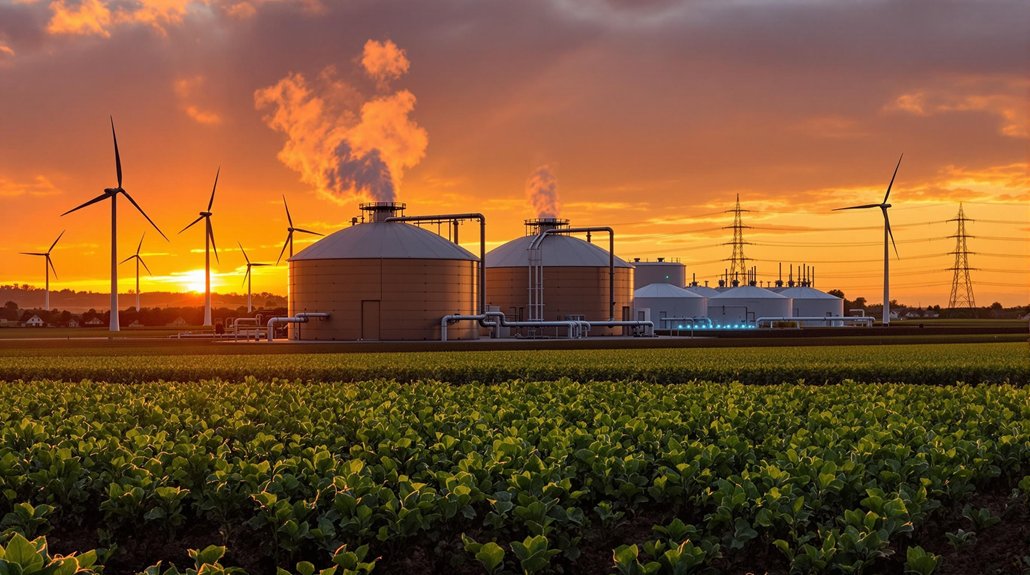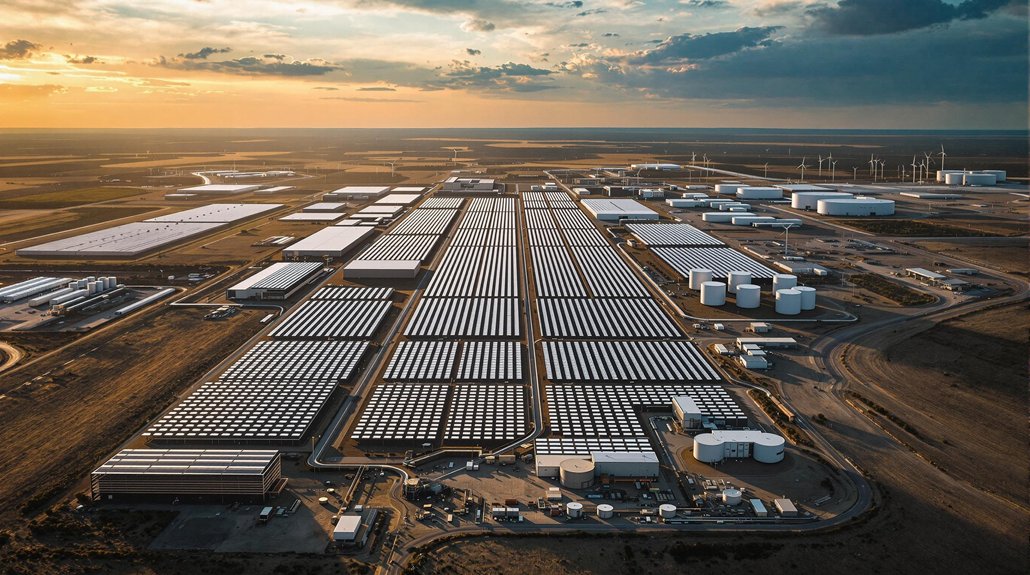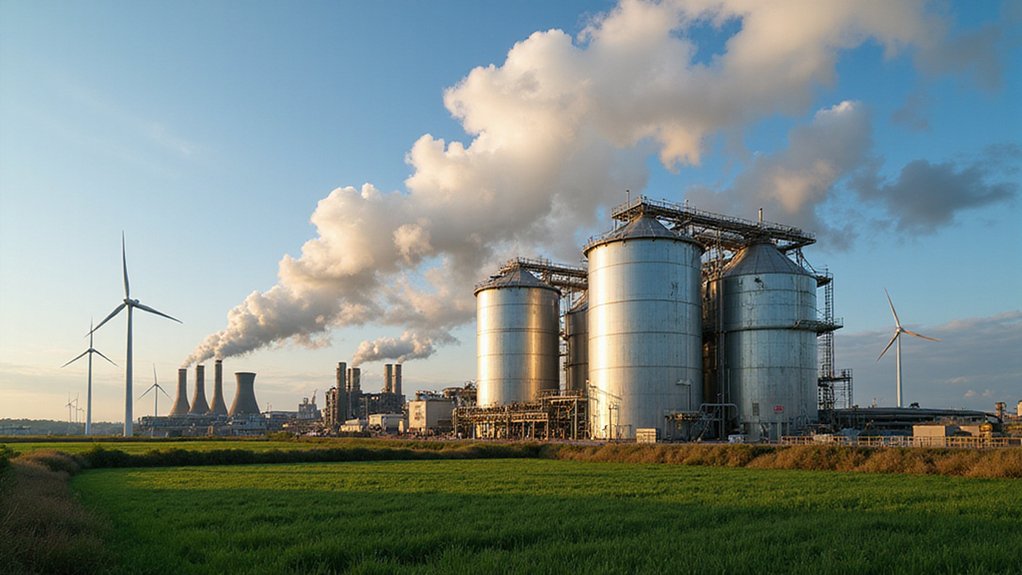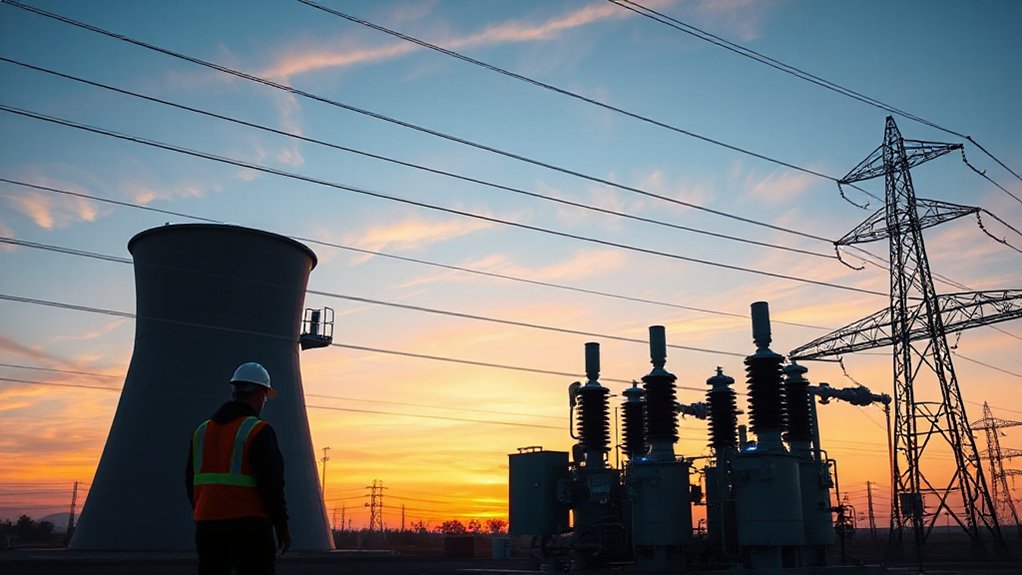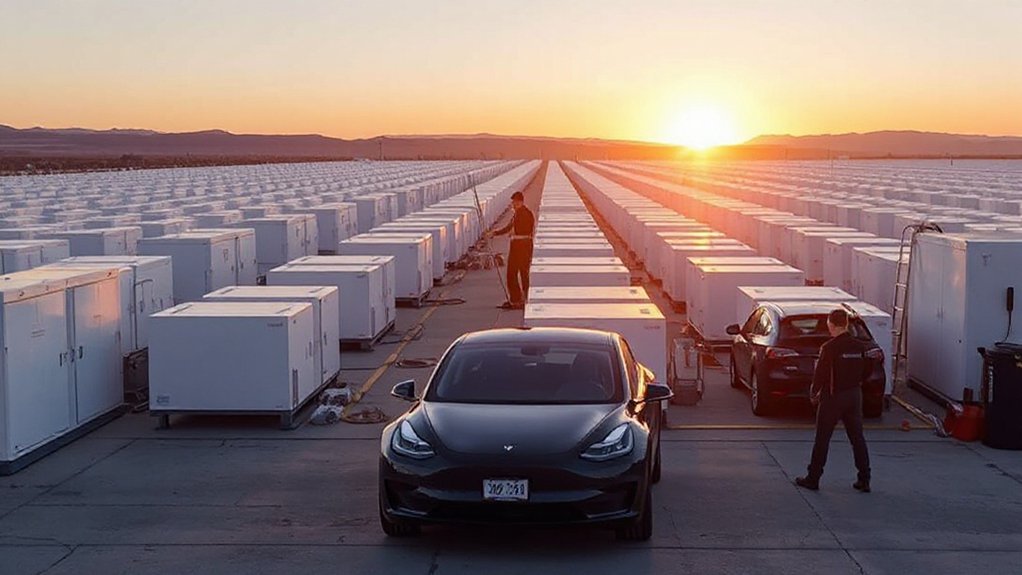Farmers across the country are finding new value in something they once considered waste: cow manure. Modern technology now transforms this abundant farm byproduct into electricity, natural gas, and high-quality fertilizer. “We’re turning a problem into a solution,” says Iowa farmer Jim Benson, who installed a biodigester last year. The process captures methane that would otherwise enter the atmosphere as a potent greenhouse gas. What other everyday waste materials might hold untapped energy potential?
Countless farmers across the world are witnessing a remarkable transformation in how they view animal waste. What was once considered just a smelly byproduct of livestock farming is now becoming a valuable resource for energy production. This shift isn’t new—manure has been essential to agriculture since ancient times, providing nutrients to soil and boosting crop yields.
During the British Agricultural change, farmers increased manure use through innovations like four-course crop rotation. These systems supported both crops and livestock while recycling nutrients back into the soil. The strategic planting of turnips and clover in the Norfolk four-course rotation significantly increased livestock feed availability and consequently manure production. Early farmers also imported materials like seaweed, bones, and ashes to enhance soil fertility when animal waste wasn’t enough.
Today’s farmers are taking manure management to new levels with modern technology. Biodigesters can transform cow manure into renewable natural gas (RNG) and electricity. These systems capture methane that would otherwise enter the atmosphere as a potent greenhouse gas. The energy produced has a negative carbon intensity score, making it better for the environment than fossil fuels. This process creates a carbon-negative result with a negative-300 CI score, significantly outperforming traditional energy sources.
Digesters come in different designs—some are large-scale with plastic covers, while others are vertical systems for smaller farms. After digestion, the remaining material still contains valuable nutrients that can be used as fertilizer, creating a sustainable cycle of resource use.
The environmental benefits are significant. By recycling manure, farms prevent harmful emissions and reduce their carbon footprint. The process also helps with carbon sequestration, keeping carbon in the soil rather than releasing it into the air as carbon dioxide. Water quality improves too, as proper manure management reduces pollution from farm runoff. The anaerobic digestion process converts agricultural waste into renewable energy while supporting the sustainable grow-use-regrow cycle that makes biofuels environmentally advantageous.
There’s also money to be made. Farms save on fertilizer costs, can sell surplus energy back to the grid, and reduce waste disposal expenses. Many are attracting investments and partnerships focused on sustainable agriculture.
What was once just “cow poop” is now powering homes, feeding crops, and creating a more sustainable future for farming communities worldwide.
